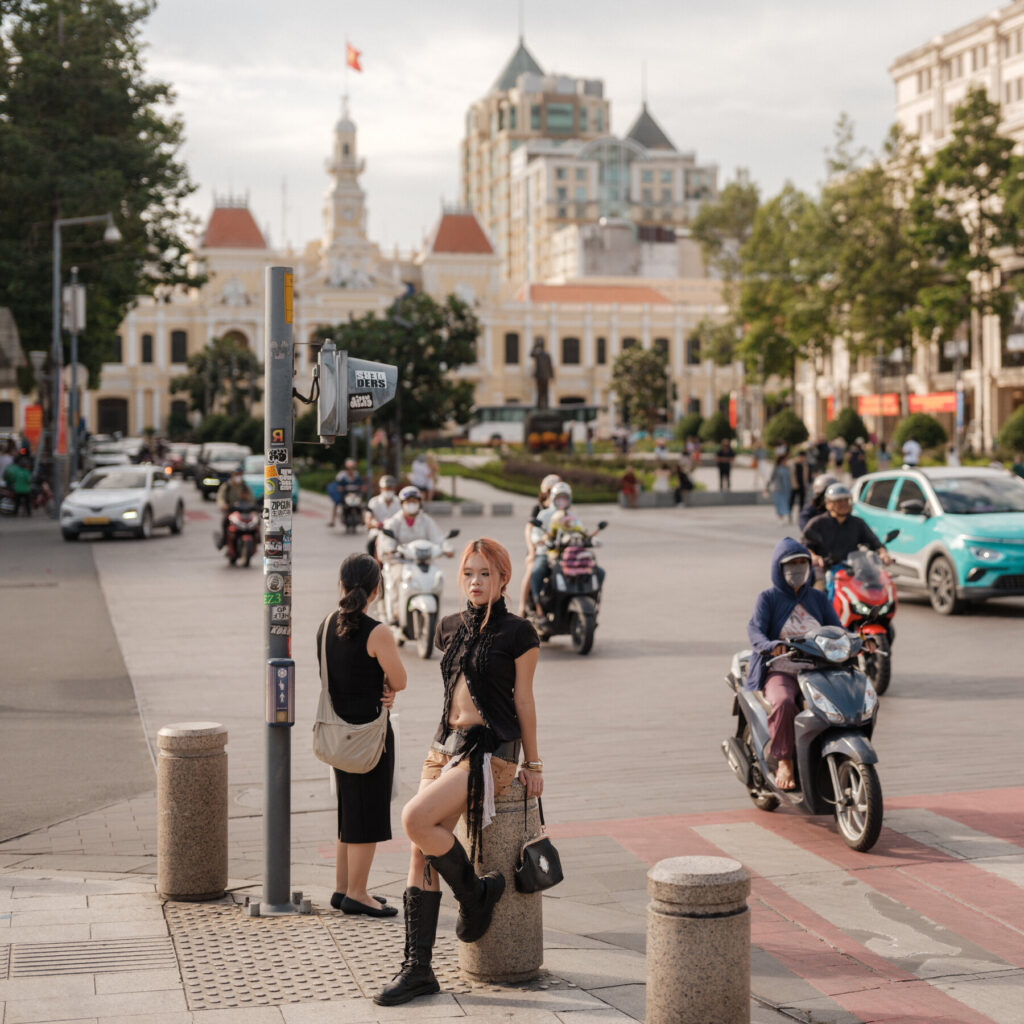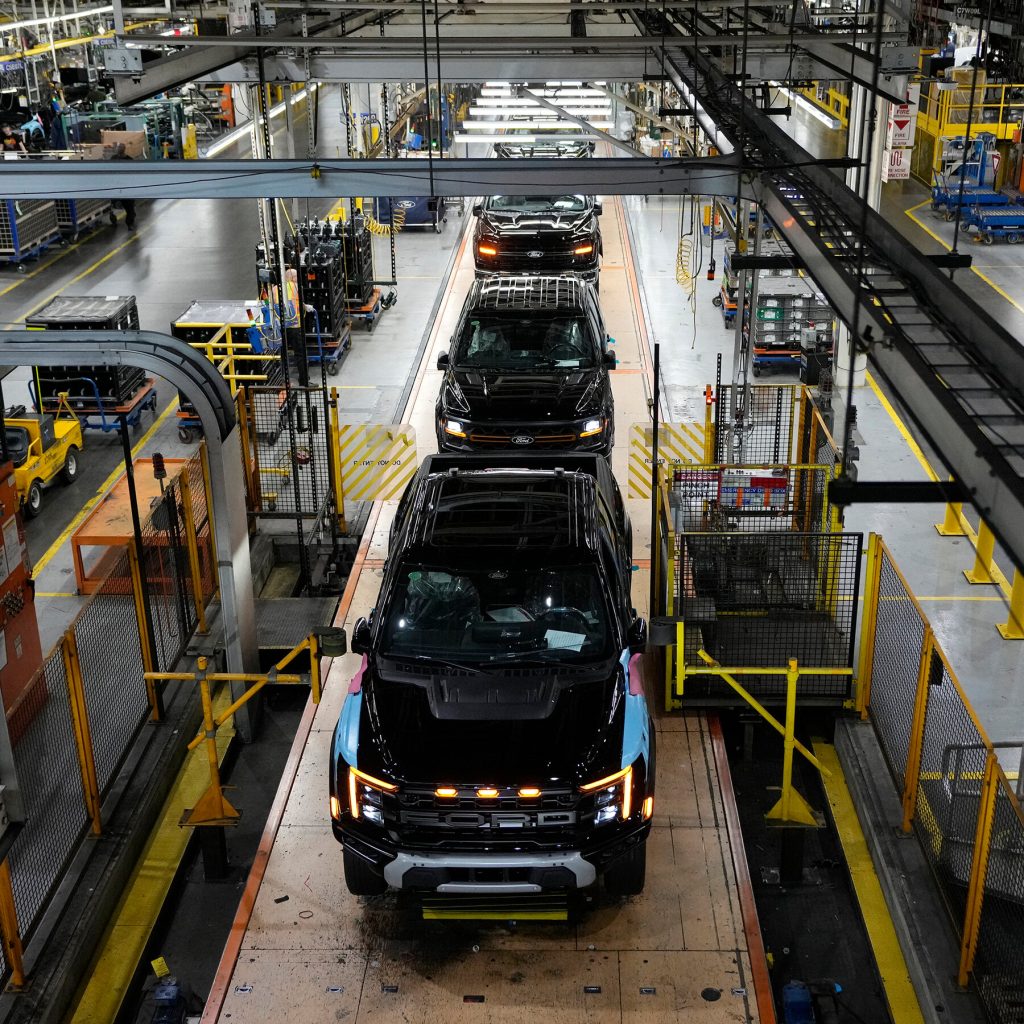Vietnam’s “New Globalists”: Why the Optimistic Nation Embraces Globalization More Than Ever

Vietnam has become one of the few economies that still greets the wave of globalization with open arms. While many countries have turned inward, wary of supply‑chain disruptions, rising protectionism and geopolitical tension, Hanoi’s leaders and a new generation of entrepreneurs are doubling down on integration with the world market. The enthusiasm goes far beyond the promise of higher GDP; it reflects a broader vision of national development, social mobility and cultural exchange.
A Policy Blueprint for Openness
Since the launch of the “Đổi Mới” reforms in the late 1980s, Vietnam has steadily dismantled barriers to trade and investment. In the past five years, the government has signed more than a dozen free‑trade agreements, including the Comprehensive and Progressive Agreement for Trans‑Pacific Partnership (CPTPP) and the EU‑Vietnam Free Trade Agreement. These pacts have slashed tariffs, harmonised standards and opened new channels for Vietnamese products—from coffee and rice to high‑tech electronics—to reach distant shelves.
Foreign Direct Investment as a Growth Engine
Foreign direct investment (FDI) now accounts for roughly a third of Vietnam’s gross domestic product. Multinational firms are attracted not only by the country’s low labor costs but also by its improving regulatory environment, robust legal protections for investors and a youthful, digitally savvy workforce. Recent data from the Ministry of Planning and Investment shows that FDI inflows hit a record US$ 30 billion in 2023, with a notable surge in high‑value sectors such as semiconductor manufacturing, renewable energy and fintech.
The “New Globalists” – A Young, Ambitious Cohort
What sets Vietnam apart is the emergence of a generation of “new globalists” – Vietnamese professionals who have studied abroad, worked for international companies, or run start‑ups that depend on cross‑border collaboration. They are not merely chasing profit; many see global integration as a pathway to modernise Vietnam’s infrastructure, raise living standards, and foster a more open society.
– Tech innovators are tapping into overseas venture capital to build homegrown AI and blockchain platforms.
– Creative industries—fashion, film and music—are leveraging streaming services and international festivals to showcase Vietnamese culture.
– Social entrepreneurs are partnering with NGOs in Europe and North America to address climate change, education gaps and public‑health challenges.
Beyond Economics: Social and Cultural Benefits
Vietnam’s leaders argue that globalization also fuels social progress. Exposure to international norms has accelerated reforms in labor rights, environmental protection and gender equality. For instance, the proportion of women in senior management positions at Vietnamese firms rose from 15 % in 2015 to 23 % in 2023, a trend partly attributed to multinational corporate policies and global best‑practice diffusion.
Moreover, the influx of tourists and foreign students is reshaping urban life. Cities such as Ho Chi Minh City and Da Nang now host vibrant expatriate communities, international schools and multicultural festivals, making them more attractive to talent from around the world.
Challenges and Cautious Optimism
The enthusiasm is not without its critics. Some economists warn that over‑reliance on foreign capital could expose Vietnam to external shocks, especially amid escalating US‑China tensions. Others point to the need for stronger domestic innovation capacity to avoid becoming merely a low‑cost assembly hub.
Nevertheless, the prevailing sentiment among policymakers and the new globalist cohort is one of cautious optimism. As Vietnam’s President Vo Van Thuong recently remarked, “Our destiny is intertwined with the world’s. By staying open, we not only grow richer, we become a more vibrant, resilient nation.”
Looking Ahead
With the launch of a national “Digital Economy” roadmap and ongoing upgrades to ports, railways and broadband infrastructure, Vietnam appears set to deepen its global ties. The country’s blend of youthful energy, strategic policymaking and a genuine belief in the benefits of interconnectedness may well make it a model for other emerging economies still eager to ride the wave of globalization.


